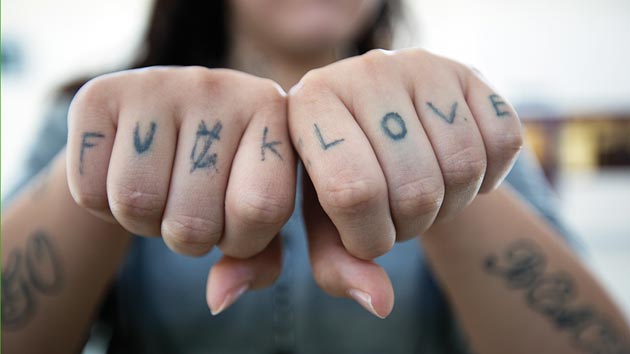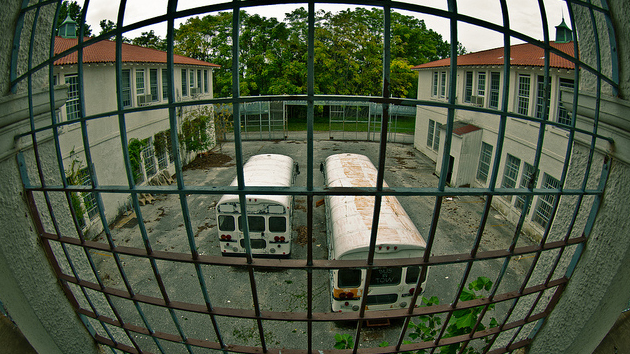
<a href= "http://www.shutterstock.com/cat.mhtml?lang=en&language=en&ref_site=photo&search_source=search_form&version=llv1&anyorall=all&safesearch=1&use_local_boost=1&autocomplete_id=&searchterm=juvenile%20justice&show_color_wheel=1&orient=&commercial_ok=&media_type=images&search_cat=&searchtermx=&photographer_name=&people_gender=&people_age=&people_ethnicity=&people_number=&color=&page=1&inline=86474341">Alexander Raths</a>/Shutterstock
If you land in the hospital as an incarcerated teen, it’s more likely for mental health reasons—psychiatric illnesses, substance abuse, depression, or disruptive disorders—than for any other factor, says a new study.
Researchers from the Stanford University School of Medicine examined nearly 2 million hospitalizations in California of boys and girls between the ages of 11 and 18 over a 15-year period. They found that mental health diagnoses accounted for 63 percent of hospital stays by kids in the justice system, compared with 19 percent of stays by kids who weren’t incarcerated, according to their study published Tuesday in the Journal of Adolescent Health.
The study’s lead author, Dr. Arash Anoshiravani, said it seems likely that many locked-up kids developed mental health problems as a result of earlier stressful events during their childhoods, such as being abused or witnessing other acts of violence. “We are arresting kids who have mental health problems probably related to their experiences as children,” he said in a statement. “Is that the way we should be dealing with this, or should we be getting them into treatment earlier, before they start getting caught up in the justice system?”
Even if someone enters detention without a major mental health problem, she has a good chance of developing one once she’s there. The World Health Organization cites many factors in prison life as detrimental to mental stability, including overcrowding, physical or sexual violence, isolation, a lack of privacy, and inadequate health services. And the problem is obviously not just limited to juvenile offenders: Earlier this year, a study by the Urban Institute found that more than half of all inmates in jails and state prisons across the country have a mental illness of some kind.
In the California study, kids in detention and hospitalized were disproportionately black and from larger metropolitan counties like Los Angeles, Alameda, and San Diego. Among children and teens in the justice system, girls were more likely than boys to experience severe mental health problems, with 74 percent of their hospitalizations related to mental illness, compared with 57 percent of boys’ hospitalizations. (Boys, on the other hand, were five times more likely to be hospitalized for trauma.)
Earlier mental health interventions could lead to major savings, the researchers added: Detained youth in their study had longer hospital stays than kids outside the justice system, and a majority of them were publicly insured.













